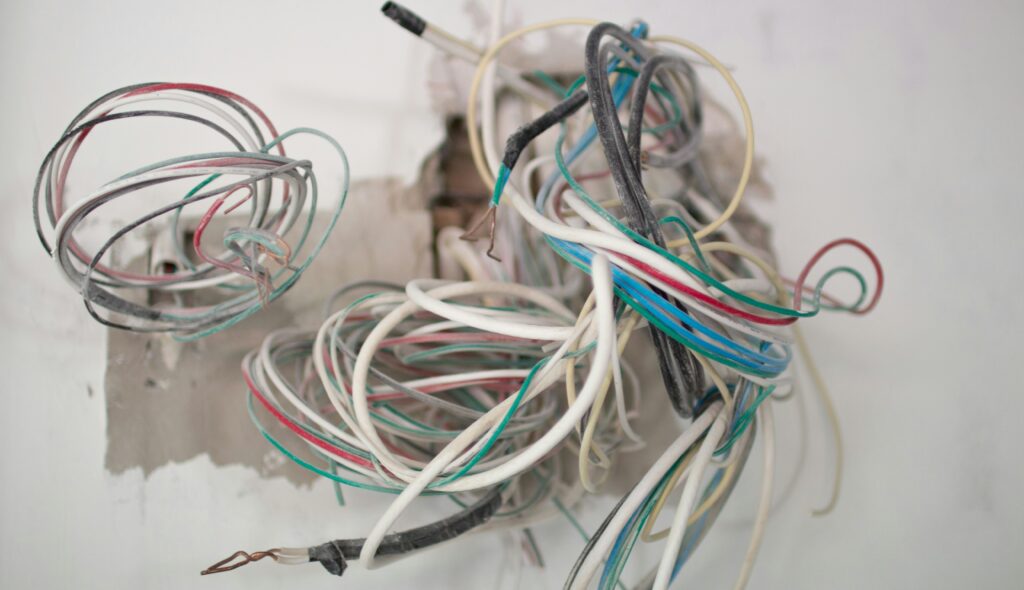
Can a Power of Attorney Sell a House?
Selling a house is one of the biggest financial decisions a person can make. But what happens when someone is unable to make that decision themselves? Whether due to illness, age, or absence, a Power of Attorney can enable someone else to manage these responsibilities on their behalf.
Having power of attorney means you can sell a house on someone’s behalf, but it depends on the circumstances and the type of power that has been granted.
What is a power of attorney?
Power of Attorney (PoA) is a legal document that allows the holder to make or help to make decisions on behalf of another person. It will normally be granted when a person reaches old age, is no longer mentally capable or trusts someone else’s judgement over their own.
To ensure it is legal and valid, a solicitor must draft the relevant paperwork, and a witness must confirm that the person handing the power of attorney to another is doing so of their own free will and is not forced into doing something against their wishes.
Various powers of attorney may be in place and are outlined below.
Lasting Power of Attorney
The most common form of power of attorney is an LPA or Lasting Power of Attorney. This is normally granted when an individual is no longer fully capable of managing their own affairs. However, an LPA can be granted at any time. An LPA puts an individual (or sometimes more than one person) in control of the affairs of the estate owner. An LPA lasts indefinitely. There are currently two types of LPA: one for health and welfare, and one for property and financial affairs.
Enduring Power of Attorney
The Enduring Power of Attorney, or EPA, ceased in October 2007, yet some EPAs may still be in place if created before this time. An EPA sees the holder (known as the attorney) manage the finances of the estate owner (known as the donor). It only becomes active once the donor has lost the mental capacity to manage their affairs, making it different to the LPA, which can be activated at any time.
General Power of Attorney
The General Power of Attorney is often used for making financial decisions on behalf of the donor in a temporary capacity. For example, the donor may be ill or travelling.
Special Power of Attorney
A special power of attorney is another PoA that can be granted. This is used when a donor requires assistance with just one specific task or area of their life. Selling a house or paying their mortgage, for example.
How do you know who has Power of Attorney?
If you want to know who holds the Power of Attorney for a specific estate, you can check with the Office of the Public Guardian (OPG). All LPAs must be registered with them to remain valid; however, registration can take several weeks, so occasionally, details relating to the estate you wish to locate may not be available.
Which Power of Attorney helps when selling a house?
A Lasting Power of Attorney (LPA) is the most common PoA used when selling a house. Assuming no other circumstances prevent a donor from managing the sale themselves, they can grant Lasting Power of Attorney and ensure its terms include the sale of property.
This can only be granted should the donor be of sound mind, but it acts as a good precaution against the individual no longer being able to make decisions themselves and no PoA being in place in the future.
With EPAs no longer issued, if there is no LPA in place, and the individual is no longer of sound mind, you must apply to the Court of Protection for an order permitting the house sale, and that can get complicated.
What are the requirements of an LPA to sell property?
If a Lasting Power of Attorney is being used to help sell property, the following must be true for a house sale to proceed:
- You have been appointed as an attorney on the LPA, and its terms stipulate that you can deal with property and financial issues on your donor’s or loved one’s behalf.
- The LPA is registered with the Office of the Public Guardian.
- The sale of the property is in the best interest of the donor.
- If you are the only attorney on the LPA yet co-own the property with the donor, a second trustee must be appointed.
What can’t be done, even with the power of attorney?
Anyone given power of attorney must act purely in the best interests of the donor or loved one. They are not allowed to change wills, and no personal gain from any house sale is allowed. Furthermore, large sums of money cannot be gifted, and the sale cannot be made at less than market value unless deemed justified.
How to sell a house with power of attorney
Before an attorney can sell a house on someone else’s behalf, they must follow specific steps to ensure that they comply with the law and act on behalf of the donor, and not in their own interests.
Check your power of attorney
Before the house can be up for sale, the designated attorney will need to check that the correct PoA is granted. Some are only temporary, and some may only cover health and welfare. Ensure the EPA or LPA has been registered with the Office of the Public Guardian and that it covers property sales.
Act in the best interests of the donor, NOT yourself
If the donor is still of sound mind, the attorney should check with them that selling is what they want to do or what will bring them the most benefit. If they are no longer of sound mind, a sale should only proceed if it is in the best interests of the individual.
Speak with other attorneys and family members
There may be more than one person listed as an attorney on the document. Each must work through this and reach an agreement that benefits the person whose property is being sold.
Assess sale options
Those with Power of Attorney can sell property in multiple ways. Estate agents, auction houses or cash house buyers, for example. Each has benefits and drawbacks, so it is important to check what aligns most with donors’ needs or wishes. An estate agent is perhaps the slowest process and is almost certainly the most expensive. An auction house can be a fast route to sale, but there is no guarantee that the property will sell, and there are a variety of fees regardless of whether the property sells or not. A cash house buyer offers a little less than market value, but in most cases, guarantees the sale, doesn’t charge any fees and can sell on the seller’s terms, completing when they are happy to proceed.
Why you need a Lasting Power of Attorney
Having a Lasting Power of Attorney in place is one of the best ways to prepare for any future inability an individual may have in dealing with important financial, health or welfare issues that may arise. LPAs provide an efficient way of achieving a sale that is not only legal but also follows the wishes of the donor. Without an LPA, additional time and expense may be spent applying to the courts to pave the way for a sale.


